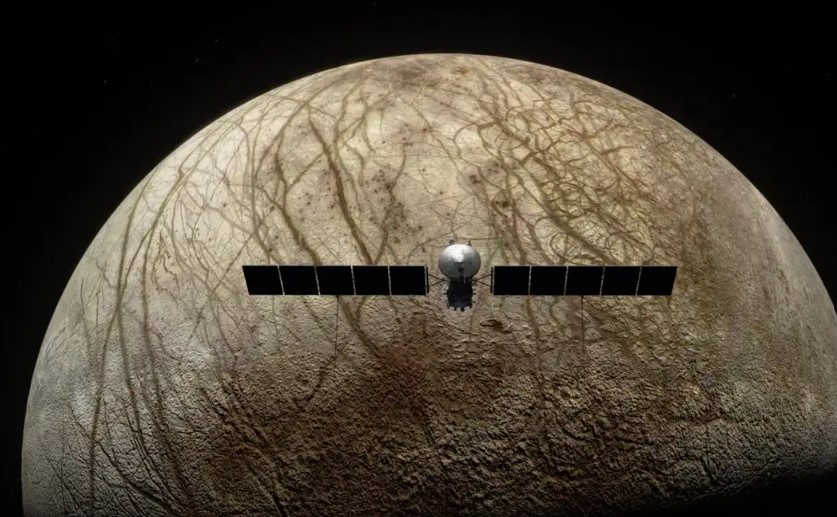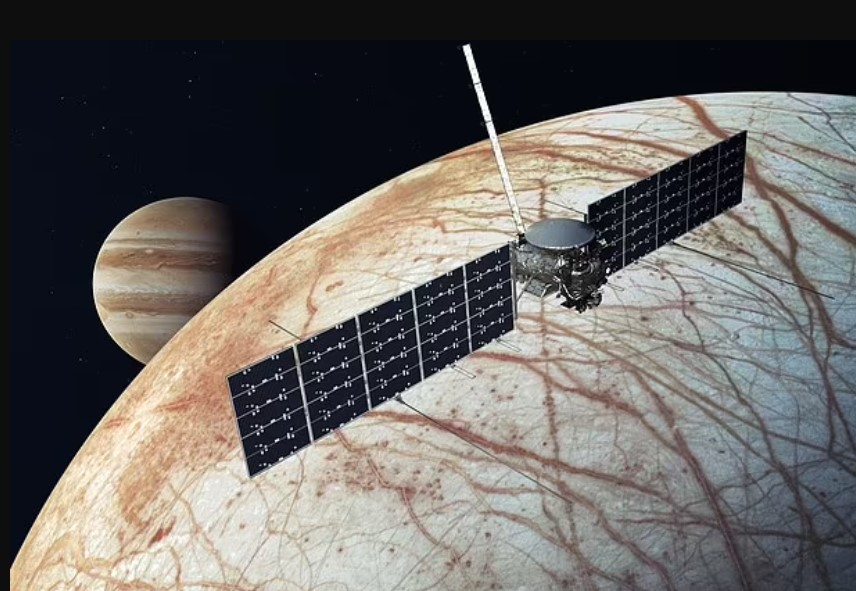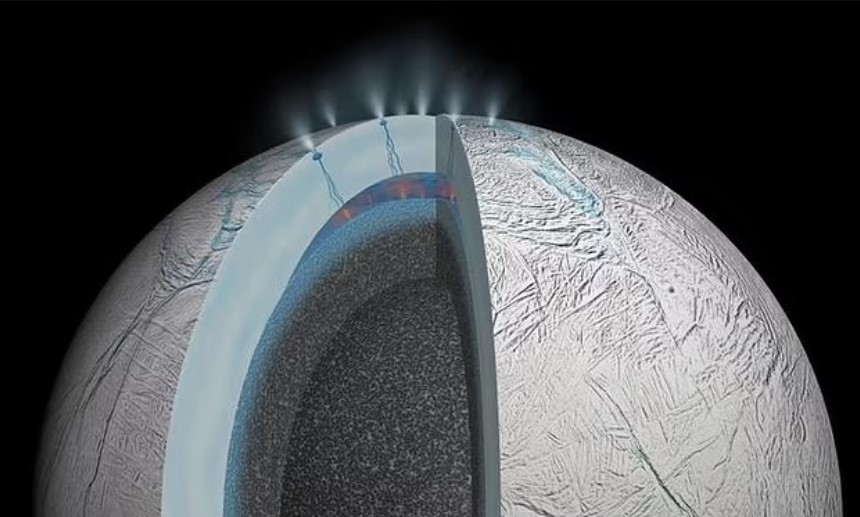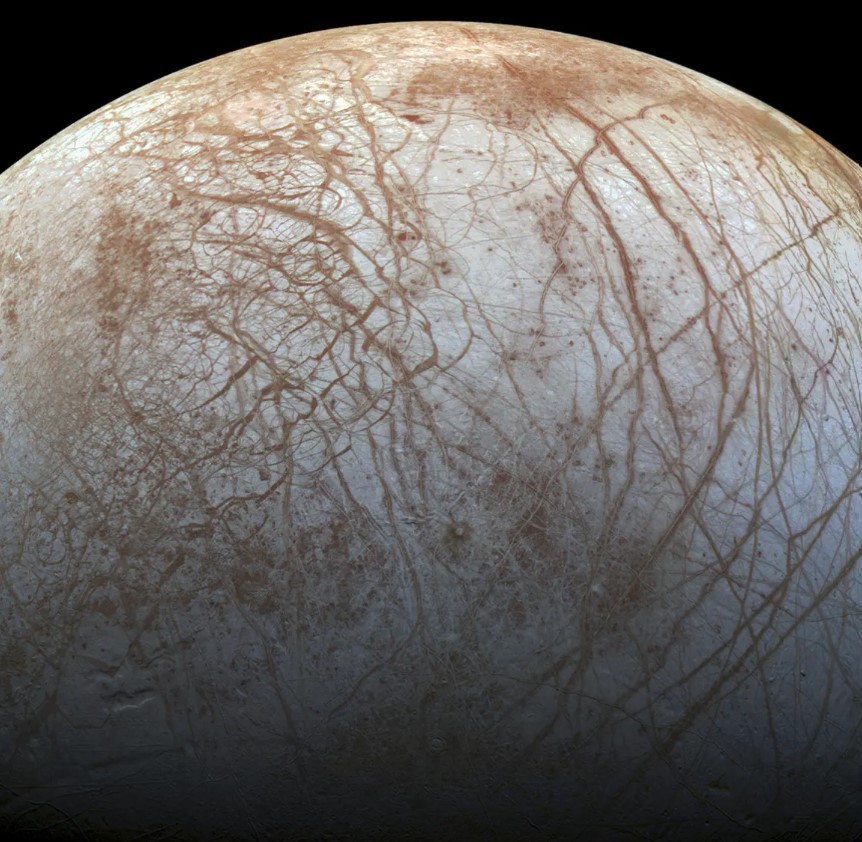NASA's study stirs excitement as it hints at the possibility of finding alien life on Jupiter's moon by 2030.
The Europa Clipper spacecraft, armed with advanced instruments, aims to detect signs of microbial life, offering a potential breakthrough in our quest for extraterrestrial existence.

NASA claims the possibility of finding alien life in 2030 on Jupiter's moon
NASA's recent study has ignited excitement and speculation as it suggests the potential discovery of alien life on Jupiter's moon in the year 2030.
The American Space Agency plans to launch its Europa Clipper spacecraft in October, embarking on a remarkable five-and-a-half-year journey to investigate the icy moon.
Researchers have analyzed the instruments aboard the Europa Clipper and concluded that they possess the capability to detect signs of life.

The spacecraft's sophisticated tools have the potential to identify a single living cell within a minute of ice grain expelled from Europa's vast oceans.
This groundbreaking finding has raised hopes among scientists that microbial lifeforms similar to those found on Earth could potentially exist on ocean-bearing moons.
Europa meets all of the criteria to support life.
Europa, chosen as the focus of this mission, exhibits a promising environment for life.
Abundant water and specific nutrients necessary for sustaining life have been identified on this moon, making it an intriguing target for exploration.

To support life, a planet or moon needs three essential ingredients: temperatures suitable for liquid water, the presence of carbon-based molecules, and an energy source like sunlight. Europa meets all of these criteria.
The Europa Clipper mission aims to employ its powerful suite of scientific instruments to investigate whether Europa hosts conditions conducive to life.
One such instrument is the Surface Dust Analyzer (SUDA), which will collect ice grains and analyze their composition.
SUDA's capabilities include detecting salts, fatty acids, and lipids within the grains, providing crucial insights into the potential existence of life.

The study focused on Sphingopyxis alaskensis, a bacteria found in the waters off the coast of Alaska.
Researchers selected this organism due to its resilience in cold environments with limited nutrients, resembling the conditions that life might encounter on Europa.
The simulations conducted with SUDA demonstrated its ability to identify the chemistry of ice grains and determine their origin on Europa's surface.

The Europa Clipper, with its innovative instruments and advanced technology, represents a significant leap forward in our quest for extraterrestrial life.
The spacecraft, developed with meticulous planning and engineering by NASA and partner institutions, will push the boundaries of scientific exploration.
The year 2030 may prove to be a monumental milestone in humanity's quest to unravel the mysteries of the universe and find evidence of life beyond our own planet.






